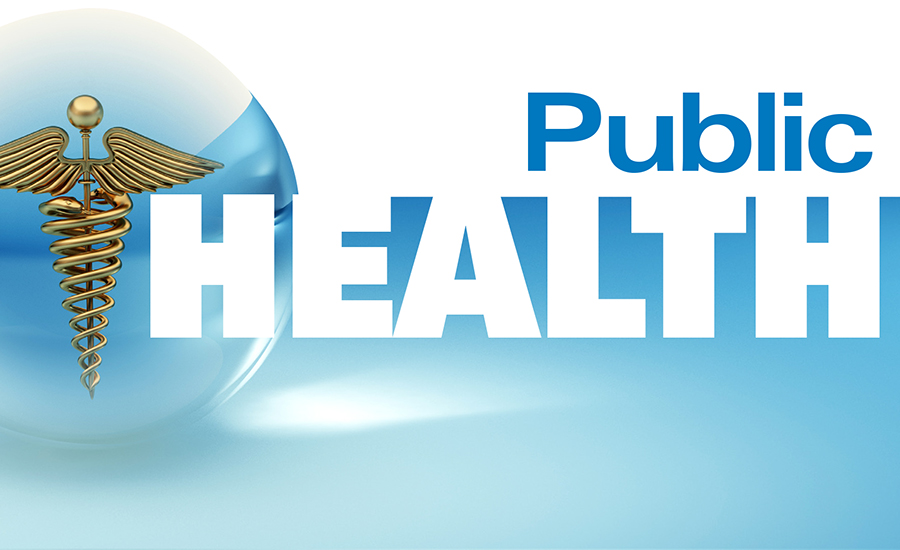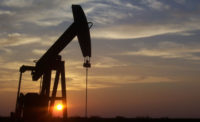In October, researchers from the University of London gave a Pennsylvania couple in Susquehanna County an air monitor to keep on their front porch. Every few weeks, the couple uploads the data from the monitor onto their computer.
But here’s what’s different about this study: The researchers are primarily interested not in the air quality readings, but in what the residents do with the data once they’re collected. It’s called the “Citizen Sense” project.
“Citizens are undertaking monitoring already because they have concerns about their environment,” says Jennifer Gabrys, a sociologist leading the study. “How might they actually develop those practices further in order to actually do something with that data, to actually have conversations with policy makers or regulators or even industry?”
But should policy makers and regulators trust data from ordinary people motivated by worry?
“Citizen science” has become a norm in fields like astronomy and birding, but some still question whether this method always produces good data. For example, can scientists trust water quality readings collected by people opposed to fracking?
“There is the potential that they could bias their research in a similar kind of way that a company might when it has a financial interest at stake,” says David Resnik, a bioethicist at the National Institute of Environmental Health Sciences.
Concerns about bias pervade conversationsabout nearly every study related to the controversial practice of fracking. In October, a peer-reviewed paper based on data collected by citizen scientists revealed dangerous levels of cancer-causing air toxins near shale gas development sites and was criticized by an industry group as being “activism, not science.”
However, Resnik argues the work of citizen scientists should be judged the way all science should be judged: whether it is rigorous and follows accepted ethical standards for research.
Source: http://stateimpact.npr.org



